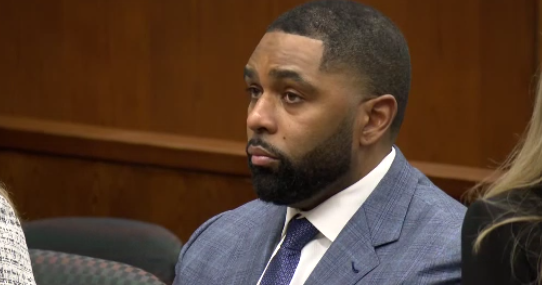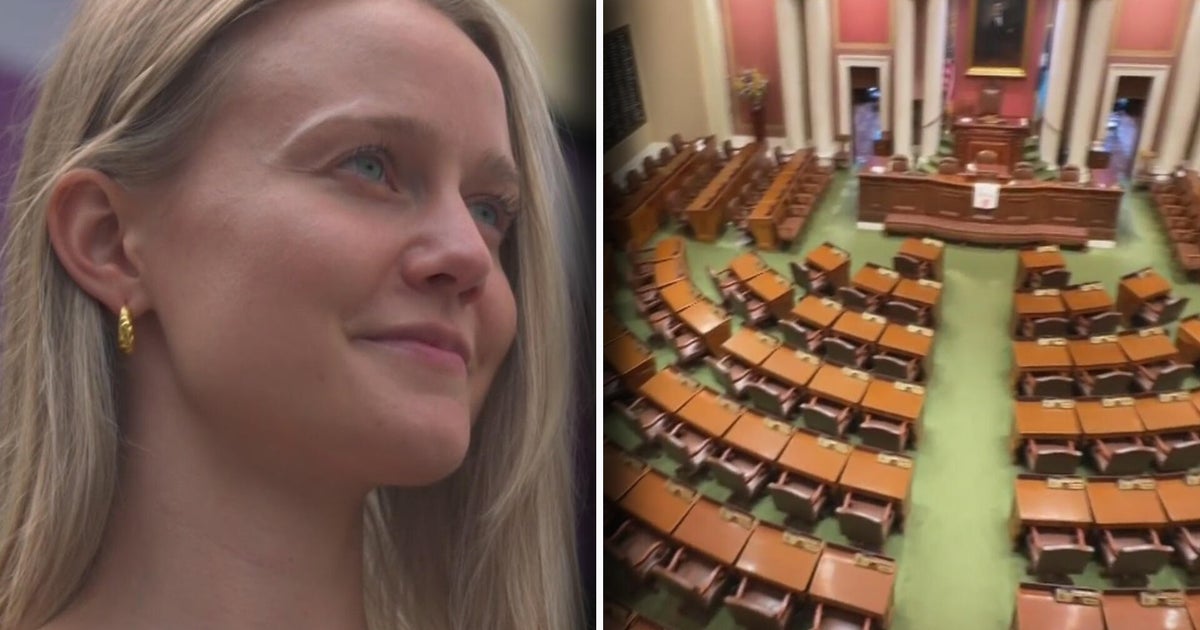LISTEN: Francesa On Stanford Sex Assault Case: 'I Would Have Gone After The Judge And The Father Myself'
NEW YORK (WFAN/AP) – Count WFAN's Mike Francesa among those outraged that a Stanford University swimmer was sentenced to just six months in jail for sexually assaulting an unconscious woman.
Brock Turner, 20, was sentenced to six months in a California county jail and three years' probation after being convicted in March.
Turner faced up to 14 years in prison for sexually assaulting the woman behind a dumpster at an on-campus fraternity party in January 2015. Prosecutors asked for six years.
The case has drawn the ire of social media users, and two petitions on Change.org are pushing for a recall of Santa Clara County Superior Court Judge Aaron Persky, who's running unopposed for re-election Tuesday.
Before the sentencing, Turner's father wrote a letter to Persky, a Stanford graduate, saying the conviction has shattered Turner, who has lost his appetite.
Dan Turner wrote that it's "inappropriate" to incarcerate someone who has "no prior criminal history and has never been violent with anyone including on the night of January 17.
"His life will never be the one that he dreamed about and worked so hard to achieve," the father wrote. "That is a steep price to pay for 20 minutes of action out of his 20 plus years of life."
Persky said in handing down the punishment that a longer sentence would have a "severe impact" on Turner.
"How he was sentenced to (six months) -- if I was her father, I would have gone after the judge and the (Turner's) father myself," Francesa said on his show Tuesday. "That's how outraged I'd be with what happened here.
"The father was just so arrogant and just so above it. Imagine that. What about the young lady? There's no regard at all for what your son did and for what happened to her? You wonder about people, you really do."
Appearing as a guest on Francesa's show, WFAN legal analyst Steve Kallas said he wasn't intimately familiar with California's laws, but said generally a government can appeal a sentence.
"For better or worse, these judges have incredible discretion, as we've seen from other cases," Kallas said. "But this is particularly an egregious one.
"To be so tone-deaf, to be so out of it, given what we've seen in the last few years on college campuses ... this has become an epidemic. (It's) beyond the pale in terms of a minimum sentence," Kallas added.
To listen to the full interview with Kallas, click on the audio player above.






